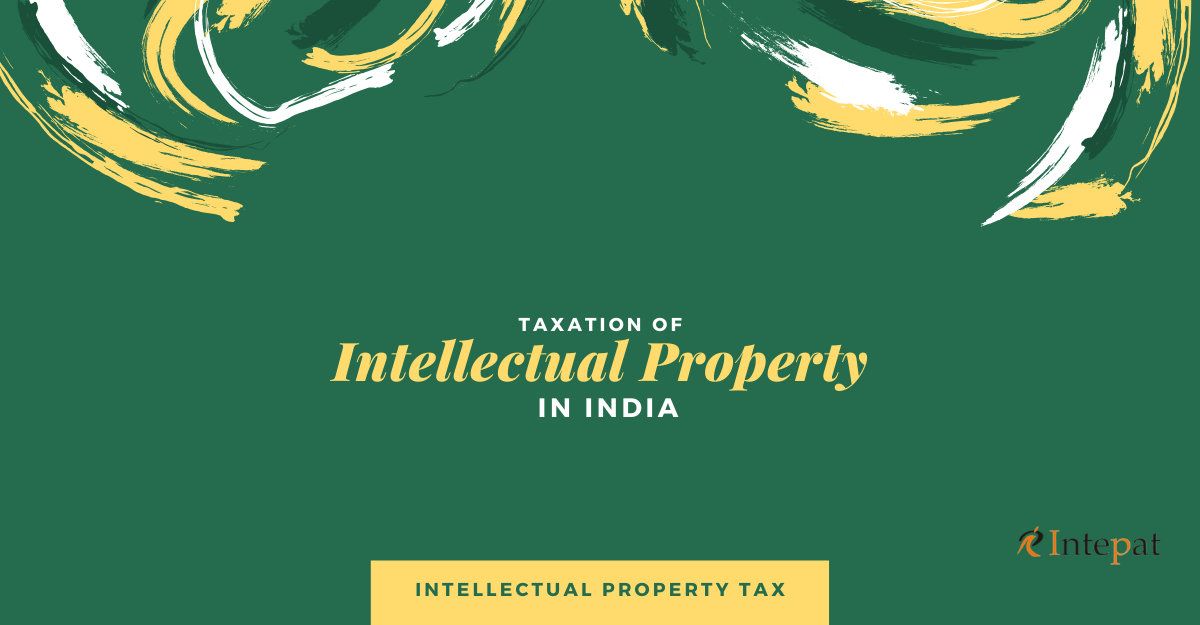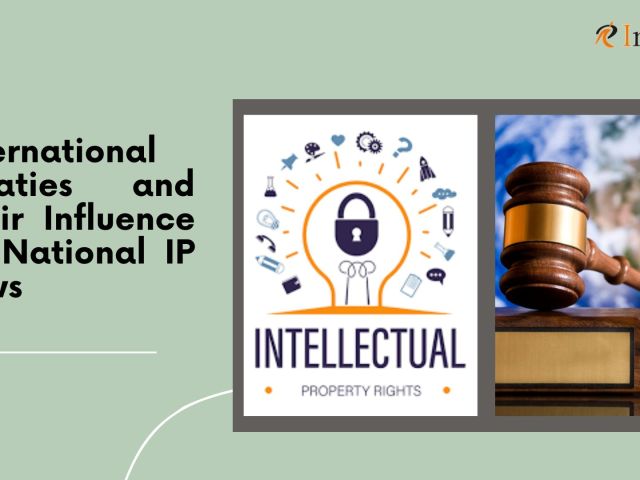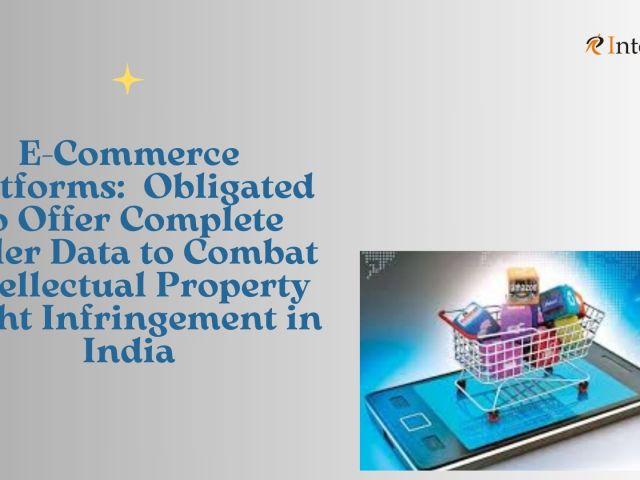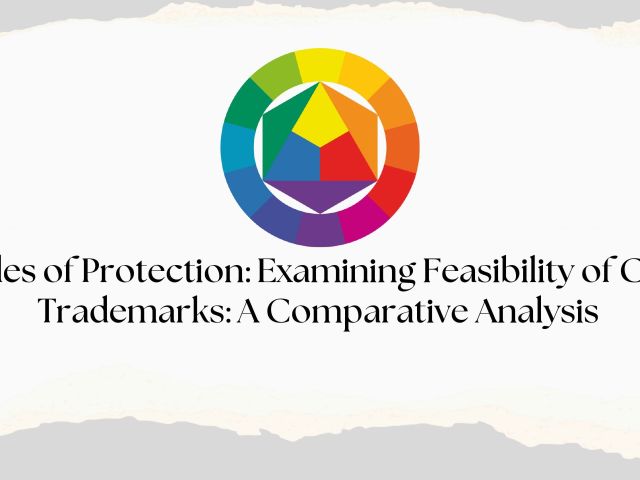Taxation Of Intellectual Property
Intellectual Property has become a vital domain over a while, as governments all over the world have realized that it is one of the primary factors, which bring in investments and incentivizes research. Further, it fuels development, which in turn boosts the economy. Transactions in the world of IPR can take place either by licensing or by way of assignment, and these can have various tax implications. The tax regime of a country plays an essential role in determining how the Intellectual Property in the particular region thrives. However, for a tax regime to functions basic questions such as whether IPRs are goods or services or neither need to be answered.
As for Trademarks, the court in Commissioner of Sales Tax v. Duke and Sons (P) Ltd., (1999) 112 STC 370 (Bom.) had held that Trademarks are Goods. Patents, Copyright, and Technical Know-how were also included in the term ‘goods’ through various cases such as A.V. Meiyappan v. Commissioner (AIR 1969 Mad 284), Scientific Engineering House v. Commissioner Of Income Tax (1986 AIR 338), etc. Therefore, since Intellectual Property entered into the realm of goods and services, the need for a stable taxation regime also arose.
Income Tax Act, 1961 and IPR
The Income Tax Act, 1961 have defined royalty. It is any consideration for the transfer of all or any rights, which also includes the granting of licenses concerning Intellectual Property. It also provides review for imparting of any information concerning the working of any Intellectual Property or allowing the use of any similar property. Section 9 (1) (vi) of the Act contains the exhaustive definition of ‘royalty’ and excludes any consideration, which would be the income of the recipient chargeable under the head “Capital gains.”
The transfer of Intellectual Property, thus, generates income by way of royalty. This is taxed under the Income Tax Act and is payable either by the Government or a person who is a resident. It also includes where royalty is payable in respect of any right, Property, or information which is used or services that have been utilized to make or earn any income from any source in India, even if the person is a non-resident. However, the tax would not be applicable if royalty is payable in respect of any right or service utilized for a profession carried on a person outside India or to make or earn any income from any source outside India.
Further, Section 32 of the Act allows for deductions concerning depreciation of patents, copyrights, trademarks, licenses, or any other intangible assets acquired on or after the 1st of April, 1998, to calculate the income tax. Section 35 A deals with the expenditure on the acquisition of patent rights or copyrights. Concerning any expense of a capital nature incurred during the given period (in the acquisition of the IP right for the use of business), a deduction equal to the appropriate fraction of the amount of such expenditure would be allowed.
A deduction of 25% is also allowed when the author obtains the income in the exercise of his profession. This is on account of any lump sum consideration that is given for the assignment of the copyright of any of his books or royalty or copyright fees. However, the same would not be applicable in the cases of dictionaries, thesaurus or any book which is added as a textbook in the curriculum by any university for the degree of graduate or postgraduate course of the university or is written in any language specified in the 8th schedule of the constitution. About patents, if your income can be divided into royalty and other income, which is not categorized under royalty, then only the revenue, which is classified under royalty, can be eligible for a tax deduction.
Exemptions
If you are an MSME, there are specific scenarios under which you can claim a tax exemption. Since MSMEs foster innovation and bring in investments, the Government has started various schemes to provide support to MSMEs. These include an initiative launched by the Department of Electronics and IT to financially help MSMEs internationally file for patents.
Start-ups also have exemptions as having been given under Section 80 IAC and Section 56. According to these, one may file for an exemption for any three consecutive years out of a seven-year block provided that the start-up is recognized, is a private limited or a limited liability partnership, and is incorporated after the 1st of April 2016.
Conclusion
Intellectual Property has proved to be an area with promising growth and results. This further implies that the IP domain is of great value, which can be taxed to make a self-reliant financial system. However, because it is still in a developmental stage, economic benefits in the form of tax incentives must be given to IP rights holders. The Government has recognized the need of the hour. It provides various additional tax exemption benefits to ensure that the IP right holders get a return on the resources that have been used. The costs of capital invested, labor used as well as the research and development costs have been acknowledged, and accordingly, various provisions within the Income Tax Act have been incorporated. The Government has come up with schemes apart from the general benefits available, especially for SMEs and Start-ups.




